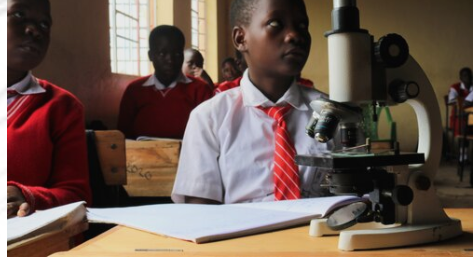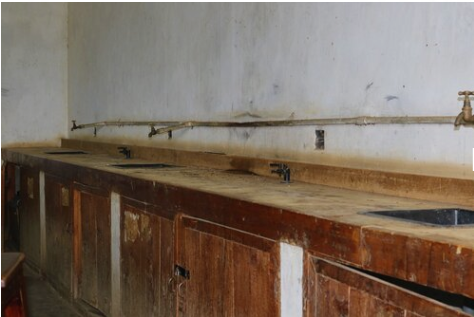What is the magnitude of the problem? According to the Kenya National Curriculum Policy of 2018, women account for less than 5 percent of the total enrolment in STEM. This is largely attributed to the school curriculum, the approach and methodologies used for teaching mathematics, science and technical subjects.
UNESCO’s Education 2030 Agenda for Sustainable Development advocates inclusion, equity and gender equality in education, legal, social, and economic affairs.
Chapter Nine of the National Curriculum Policy of Kenya of 2018 calls for gender equality in science, technology, engineering, and mathematics as a precondition to human development. Yet, women still make only less than 5 percent of the total enrolment in STEM education by tertiary intuitions.
Recommended strategies: it recommends three major strategies to address the imbalance in STEM Education; building capacity of teachers of STEM supporting subjects, ensuring the availability of adequate laboratories and other curriculum support materials are made available in schools, and equipping universities and colleges with appropriate learning material, assistive devices and technologies for learners and trainees with disabilities.
National Curriculum Policy: DEI education policy in Kenya is in life with the National Curriculum Policy. In particular, Chapter nine informs our strategies for promoting Gender Parity in Stem Education.
Research: Gender diversity has been established as one of the significant problems that both academia and companies in the technology space are grappling with these days. Furthermore, recent studies demonstrate that the number of female students’ enrolment in science, technology, engineering and mathematics (STEM) related disciplines has been decreasing in the last twenty years. Additionally, these prior studies continue to post that the number of women that have left from technological job positions is persistently inadmissibly high.


We believe in research and practice-based interventions
DEI believes, one way to mitigate the diversity problem is to have evidence-based knowledge that can then be used to design, develop and implement interventions that will have more reaching transformative effects on women and girls in STEM education. Consequently, DEI has carried out a comprehensive literature review and baseline data collection on gender diversity in STEM education. The evidence gathered from these activities will inform the design, development, implementation, monitoring, evaluation, and reporting that will have a transformative effect on gender parity in STEM education.
Project Activities in Kenya: DEI and her partners promote the following project activities; STEM Education, Extensive Reading, Gender Parity in STEM Education, M-Learning, and Sponsor a Girl for STEM Education. We would like our projects in Vihiga County to include issues of global strategic significance like Bio-Diversity Education, Peace Education, Research, and Publications. Additionally, DEI would like to offer schools, public libraries, community libraries, and homes the following free education resources; DEI Digital Public Library, Digital Textbooks, Mreader.org, Xreading.com, and a variety of Open Source Curriculum Support Materials.
